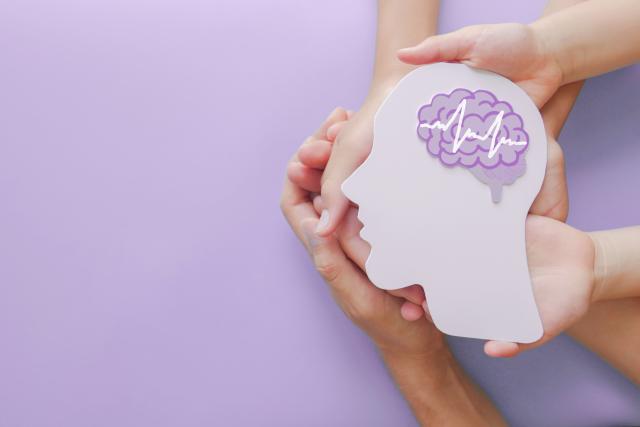Stroke Foundation is highlighting the urgent need to close the Stroke Gap that exists between Indigenous and non-Indigenous Australians, including those in Brimbank, this NAIDOC Week.
First Nations peoples are between two and three times more likely to experience a stroke, compared to non-Indigenous Australians, and strokes occur 17 years earlier on average.
Stroke Foundation chief executive officer Dr Lisa Murphy said listening to gain understanding and respecting the rich and diverse culture, while building on the connection to country is key to addressing the community’s needs.
“For First Nations peoples, strokes occur earlier in life, more often, and result in worse outcomes,” Dr Murphy said.
“This is the Stroke Gap between First Nations peoples and non-Indigenous Australians [and the] Stroke Foundation is working hard to close this gap through our prevention, treatment, recovery, and research programs.”
This year’s NAIDOC week theme ‘For Our Elders’ celebrates the important role Elders have played and continue to play.
Dr Murphy said NAIDOC Week is an opportunity to recognise the significant contribution Aboriginal and Torres Strait Islander peoples have made, and to celebrate their strengths, particularly in the public health field.
Dr Murphy said it is also a time to reflect on how we can help improve health outcomes for Indigenous Australians.
“We believe everyone deserves the chance to lead a healthy life and have access to best practice healthcare,” she said.
“At Stroke Foundation we have much to learn but we are committed to improving health outcomes for Aboriginal and Torres Strait Islander people.”
Stroke Foundation’s commitment to closing the Stroke Gap is supported by its recently implemented Reconciliation Action Plan.
The plan will ensure the voice of Indigenous Australians are meaningfully represented in all aspects of the foundation’s work, allowing the specific stroke health concerns of the Indigenous community to be identified and addressed.
Dr Murphy said understanding of First Nations communities needs to increase to better prevent, treat and beat strokes.







